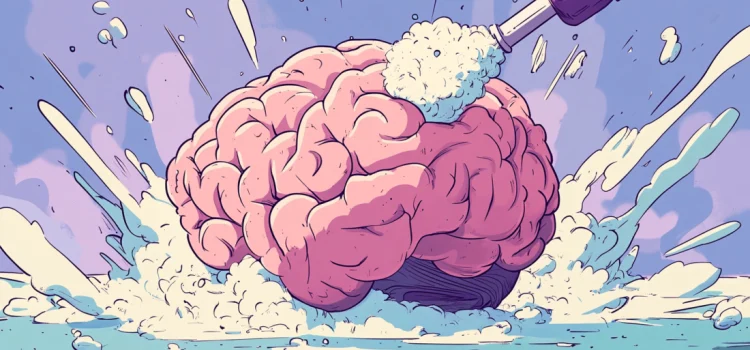What’s the difference between viewing disability as a medical issue versus a social construct? How can changing our perspective on disability create a more inclusive world? In Unmasking Autism, Devon Price explores the medical and social models of disability, revealing how our understanding of conditions such as Autism shapes societal responses and individual experiences. The contrast between these approaches highlights the difference between seeking “cures” and creating genuine accommodation. Keep reading to learn about the medical and social models of disability and why shifting our perspective could transform lives.
Medical and Social Models of Disability: Which Is Better?










